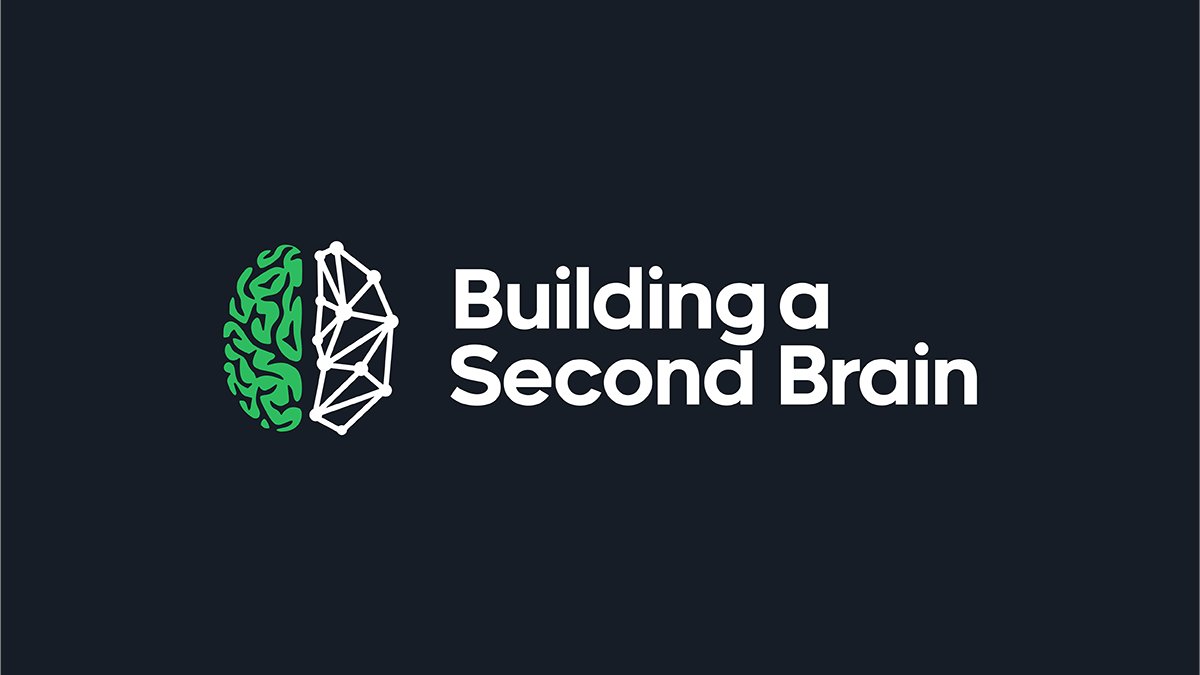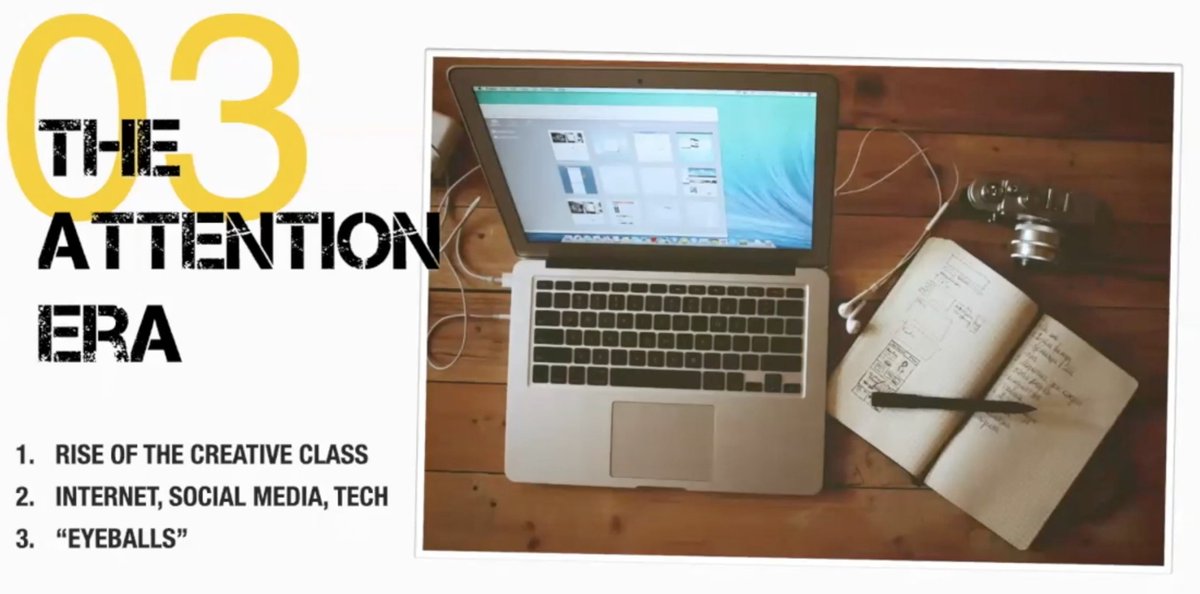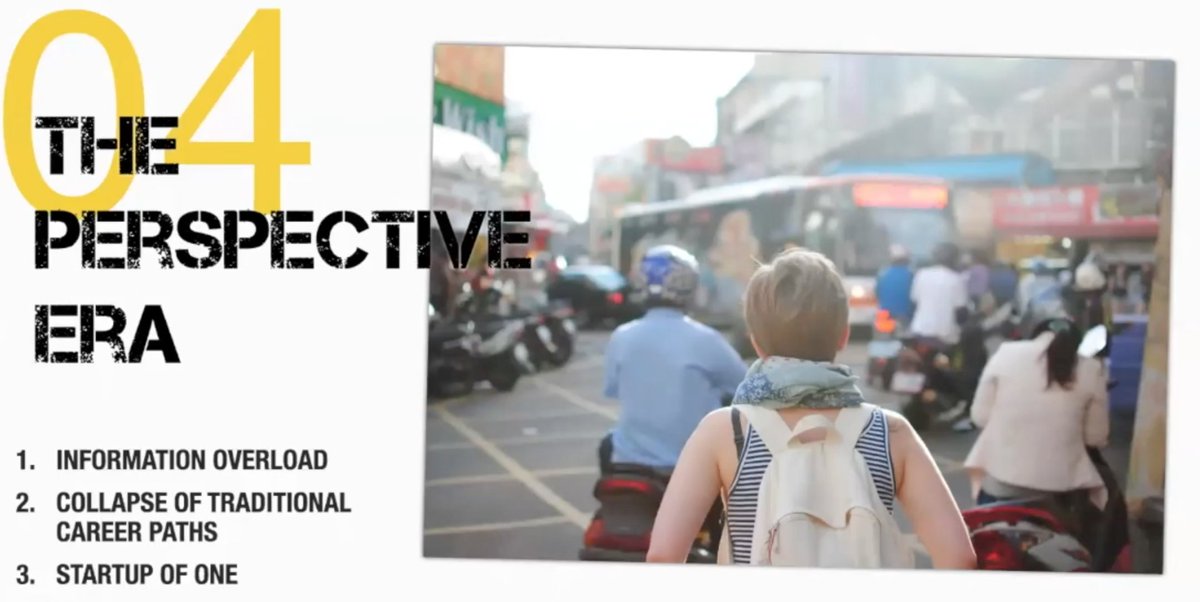
Many are misguided about what works to learn languages to fluency.
Between 2007 and 2012, I lived for acquiring Spanish to a near-native level. I tried all the stuff that the commenters suggest, but most of it doesn't work.
A 🧵 about what *does* work.
Between 2007 and 2012, I lived for acquiring Spanish to a near-native level. I tried all the stuff that the commenters suggest, but most of it doesn't work.
A 🧵 about what *does* work.
https://twitter.com/rroudt/status/1323728486822010892?s=20
My language learning principles are:
• Language acquisition > language learning.
• Input > output.
• Have fun.
• Use materials for natives by natives.
• Boost comprehension with a spaced repetition system.
• Don’t study grammar; only review it once you’re functional.
• Language acquisition > language learning.
• Input > output.
• Have fun.
• Use materials for natives by natives.
• Boost comprehension with a spaced repetition system.
• Don’t study grammar; only review it once you’re functional.
Aim for language acquisition over language learning.
When *learning* a language, you consciously memorize words and rules. This never leads to fluency.
When you *acquire* a language, you feed your subconscious and rewire your brain for new structures. This leads to fluency.
When *learning* a language, you consciously memorize words and rules. This never leads to fluency.
When you *acquire* a language, you feed your subconscious and rewire your brain for new structures. This leads to fluency.
Massive input helps you to acquire your target language.
How do you expect to be able to speak without getting input first? If you don't eat, you won't shit.
Only input makes you better; you don't learn by forcing output.
How do you expect to be able to speak without getting input first? If you don't eat, you won't shit.
Only input makes you better; you don't learn by forcing output.
Having fun is essential if you want to become fluent.
The language acquisition journey only asks one thing: for you to show up every day. How do you expect to find the energy if it feels like a chore?
Make fun the all-deciding factor when choosing materials.
The language acquisition journey only asks one thing: for you to show up every day. How do you expect to find the energy if it feels like a chore?
Make fun the all-deciding factor when choosing materials.
Textbooks will never make you fluent.
Materials for learners tend to contain unnatural language aimed at beginners. Ditch the textbooks and pick materials for natives instead.
Watch cartoons, read novels—anything but stuff made for learners.
Materials for learners tend to contain unnatural language aimed at beginners. Ditch the textbooks and pick materials for natives instead.
Watch cartoons, read novels—anything but stuff made for learners.
Get comprehensible input to become fluent.
Comprehensible input is content that's just above your current level. To boost understanding, smart language learners use a spaced repetition system (SRS).
My favorite is Anki:
apps.ankiweb.net
Comprehensible input is content that's just above your current level. To boost understanding, smart language learners use a spaced repetition system (SRS).
My favorite is Anki:
apps.ankiweb.net
Acquire a language in chunks; skip the single-word items.
When using a spaced repetition system, add whole sentences only. Why? Because you need the context to get an intuition for the grammar.
FRONT: Sentence in the target language
BACK: Translation/Definition of unknown words
When using a spaced repetition system, add whole sentences only. Why? Because you need the context to get an intuition for the grammar.
FRONT: Sentence in the target language
BACK: Translation/Definition of unknown words
Skip grammar in the beginning when acquiring a language.
Consciously learned grammar rules will never lead to spontaneous output. Review rules as you see fit, but never attempt to memorize them.
Grammar is useful once you start to write in your target language.
Consciously learned grammar rules will never lead to spontaneous output. Review rules as you see fit, but never attempt to memorize them.
Grammar is useful once you start to write in your target language.
I shared much more about my language acquisition method in my bi-weekly newsletter Sunday School.
Read the full issue here if you missed it:
ckarchive.com/b/8kuqhohzg02q
Want to learn more about learning? Join over 500 other learners 👇
ramses.blog
Read the full issue here if you missed it:
ckarchive.com/b/8kuqhohzg02q
Want to learn more about learning? Join over 500 other learners 👇
ramses.blog
• • •
Missing some Tweet in this thread? You can try to
force a refresh







